All Episodes by season
Jump To Your Podcast App:
Season 10—The Virtues
Season 9
Season 8
Season 7
Season 6
Season 5
So the founder of GrubHub—the original guy who started the app from his Chicago apartment—just gave us a call. Here’s what he thinks about the ethics of what he made—in this interview with Device & Virtue. Order some takeout, and listen while you wait.
TikTok? Have you installed the world’s newest social media app? Your church youth group sure has. China, dancing cats, and Adam’s new obsession. Can Christians trust TikTok?
Season 4
What if cops carried freeze rays instead of guns? Could it change society? Could technology really solve police brutality?
Can you translate the Bible into emoji? 😂. Some Christian leaders say No Way. But we ❤ this idea. Here’s why. Some people 👀 emoji as just 😜 cartoons that make texting more fun, but they offer a crucial way to recover our humanity and share our ❤ with others. Could they help us know God better too?
If you’re out for an evening stroll, you can bet that someone’s watching, even if nobody’s home. It’s a beautiful day in the neighborhood surveillance state. Instead of Mr. Rogers, Jeff Bezos is putting on his cardigan and answering the door. Grab your shoes.
Apple, Google, and governments around the world are cooking up a new way to trace where you’ve been and who you’ve talked to. Sound like Big Brother? It may actually help you to love your neighbor.
We know church online is different from church gatherings, but HOW is it different? Pastors are scrambling to keep their congregations connected during the coronavirus quarantine. And they are realizing that some key elements of “church” go far beyond just live-streaming the service itself.
Did your church cancel services last weekend? With coronavirus, worship went online in unprecedented numbers, and social distancing has us all asking, “Can real church happen on the Internet?”
Will artificial intelligence start delivering all your Amazon orders? If 9 million drivers lose their jobs, what should we do about it? Artificial Intelligence has already found its way into our homes, says Jason Thacker. We interview him about his new book, The Age of AI: Artificial Intelligence and the Future of Humanity (Zondervan 2020).
Thinking of giving up technology for Lent? We have 10 ideas for how to do it. Plus, you know, maybe why you shouldn’t. Fasting from social media has been a popular choice the past couple years. Internet habits are out of control. People feel out of sorts. Maybe you feel the same way.
Season 3
How did we get from the Arab Spring to Cambridge Analytica in less than 5 years? Waves of pro-democracy protesters in the Middle East have given way to waves of nationalism around the globe. In less than a decade, the Internet went from harbinger of democracy to herald of demagogues. What happened? And ARE WE … DOOMED??
Ignore the hyped-up headlines and impossible advice blogs, and hear how two moms are trying their best to walk with their kids in a world surrounded by screens. Adam and Chris invite two special guests to share about their own experiences raising Gen Z kids. Two moms who show us that, even in the age of Instagram families, parenting isn’t about perfection.
The New Year is upon us, and the only reason we know that is thanks to the Egyptians. And the Catholic Church! Clocks, calendars, and timekeeping tech on our final episode of 2019. Wait a second: What does being a “good Christian” have to do with clocks and calendars? The connections surprised us too…
Ever load up Google Maps, and think, “nah… I can do better than that!” It’s the humans vs. the computer algorithms, and it’s hard to tell who’s winning (or should!). How does Google Maps decide what route you should take? How does Spotify determine what kind of music you might like? And if I wanted to get a job at those companies, how would they choose one application out of a thousand resumes?
From autism to advertising, technology is reading people’s emotions like never before. Some say emotional intelligence is being outsourced. Others predict emotion tech is on the cusp of a multi-billion dollar payday. So . . . how do YOU feel about that? No worries, the technology already knows.
What if we told you that at the Last Supper, Jesus taught us something about text messaging? Sounds far-fetched, right? But the connections will have you rethinking what “IRL” really means. Adam & Chris dive into our daily experiences of texting—especially that moment when your friend stops listening because a new text lights up their phone. Yeah, you know that moment.
Special Conference Episode: Chris & Adam join a conference for pastors on technology called Teche: A Christian View of Technology, put on by the Center for Pastor Theologians. This is our same-day hot-takes—recorded live on location!
What do you think? Are selfies narcissistic? Yes, right? But we’re starting season 3 off right and taking one of our own. Selfies have become part of normal life. We see them. We take them. We see other people taking them too. And while they may be normal, do they show us anything real?
Season 2
What do you think Siri looks like? Is she someone you would tell your secrets to? She’s not a person—but she’s getting more personal than ever—could she change our real relationships? In this episode Chris & Adam chat up the voice part of “voice assistants.” More talking and less typing—what happens when as we shift our interaction with technology to the very personal medium of voice?
Ever pass the plate in church and there’s nothing in there? Smartphones are the new tithing tech—building church budgets—even as they shape our souls! Adam & Chris cash in on the question: what happens when the cash goes out?
Does technology control history? Or does history control tech? Adam & Chris take sides. When major technologies hit the world stage, do they upend human history? There are a couple camps out there in scholarship. But one of the big questions is—how big of an influence is technology on human society?
Imagine: You’re pregnant and your doctor offers you a DNA edit so your baby can avoid a terminal illness. Do you do it? That decision is coming sooner than you think. Turns out an expert professor on DNA-editing (who is also a Christian) had some early conversations with the Chinese scientist who shocked the world in 2018 by editing two real babies DNA. The trouble is . . .
Would you be OK if your church tracked you the way Facebook does? Some churches already are. When Adam meets representatives for a church software company, he can’t help but interrogate them for half an hour. He brings his reconnaissance back, and he and Chris sit down to discuss just how they feel about how churches are tracking their congregations.
Some people think the next great evangelist will reach more people than Billy Graham ever did. And they’re already programming the artificial intelligence to do it. When Chris and Adam meet an Australian who’s already programmed an AI chatbot to do evangelism, they look at each other and wonder, “Can a chatbot really spread the Gospel?”
Has your pastor preached a sermon on Facebook settings or surveillance cameras? Mine hasn’t. Does the Bible really have anything to say about digital privacy? And—is Alexa actually listening to us in my kitchen? Chris wrote the cover story for Christianity Today on a Christian view of digital privacy.
Season 1
The Original Pilot Episodes
So Chris found an article from 1962 called “Is Technology Diabolical?” German theologian Helmut Thielicke posed this question more than 50 years ago, and it’s more relevant than ever. Chris and Adam unpack Thielicke's article and the most challenging questions it poses. Questions like, “If humanity wasn't sinful, would we need technology?”
CS Lewis became a household name because of the Radio. So why did he get rid of the one in his own house? What did CS Lewis think about technology? He had strong opinions about the radio and other technologies inhabiting our lives. Chris and Adam sit down to talk about what CS Lewis thought about technology, and also how he lived with it personally.
The merging of human and machines sounds like an Ironman movie. But it’s actually happening right now. We even found some Christians who are praying this is the next big thing. Has humanity reached the end of its evolution, or could technology light the path for the next stage of human development? People like Neil Harbison believe technology could be just the beginning.
You’ll never guess who just released an ethics statement all about the values they are trying to promote. It’s not the government or your church. Yeah. It’s Facebook. Included in this episode: All the morals of scrolling through those cat pictures. How do Facebook and Instagram decide what you see every time you scroll through?
Our grandparents met because they lived in the same neighborhood. Today, we meet because we’re on the same app. From dating scenes to dating screens, the Internet has turned your parent's relationship into a foreign world. Aziz Ansari, in his book Modern Romance, dives deep into how the Internet has transformed love and relationships.
Some day your computer will drive your car. “Ok Google, Take Me To Church!” Could driverless cars alter church life? Could they even impact Christian beliefs? As we outsource human activities to technology, those devices come to define our human activities, and even our ways of thinking.
Facial recognition is everywhere—it’s how you unlock your iPhone, and some cops are even using it. So what if your church did? Software companies are already stepping into the sanctuary. Could facial recognition help make large churches more personal … or more anonymous?
When did social media start? In 2004 when Facebook started? Nope, try the 1st century! Social media is anything but new and early Christians played a key role in its growth, Tom Standage argues in his book, Writing in the Wall. We dive in to look his claim that social media existed in the Roman Empire . . .

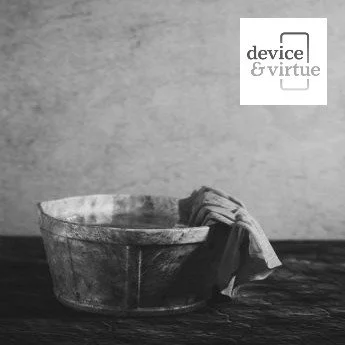








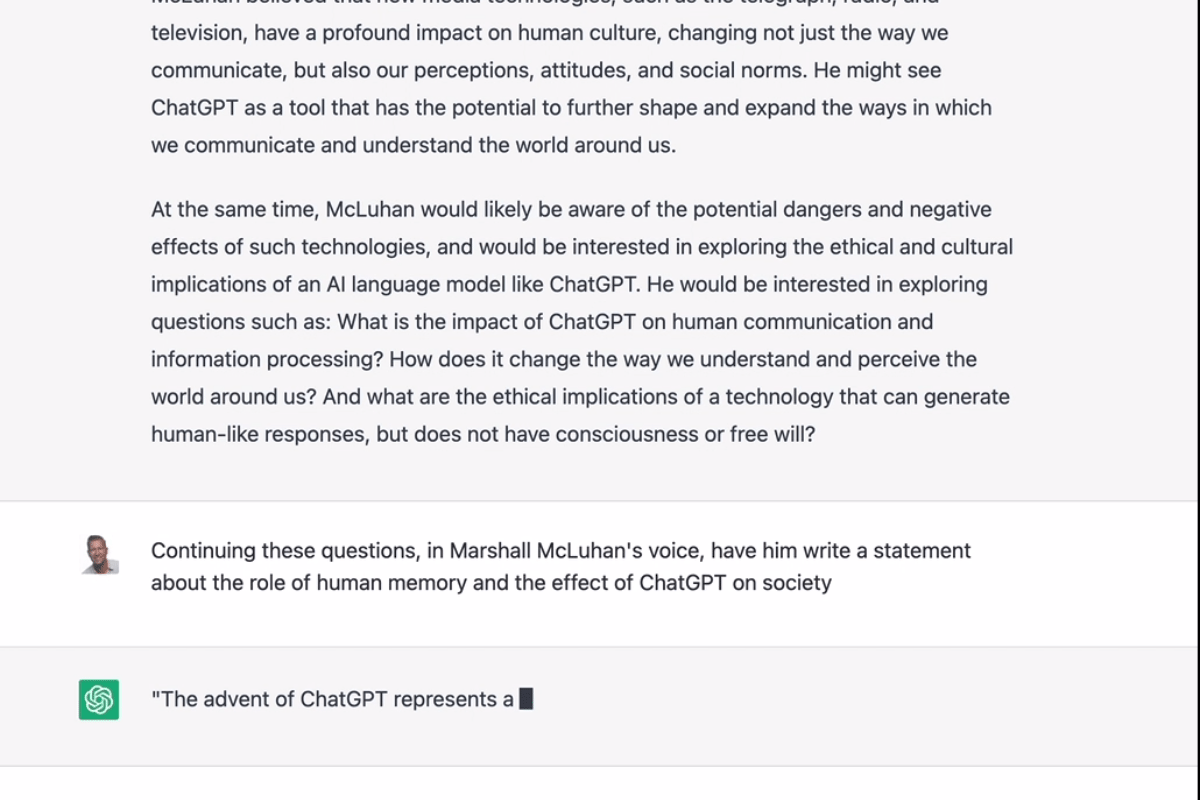

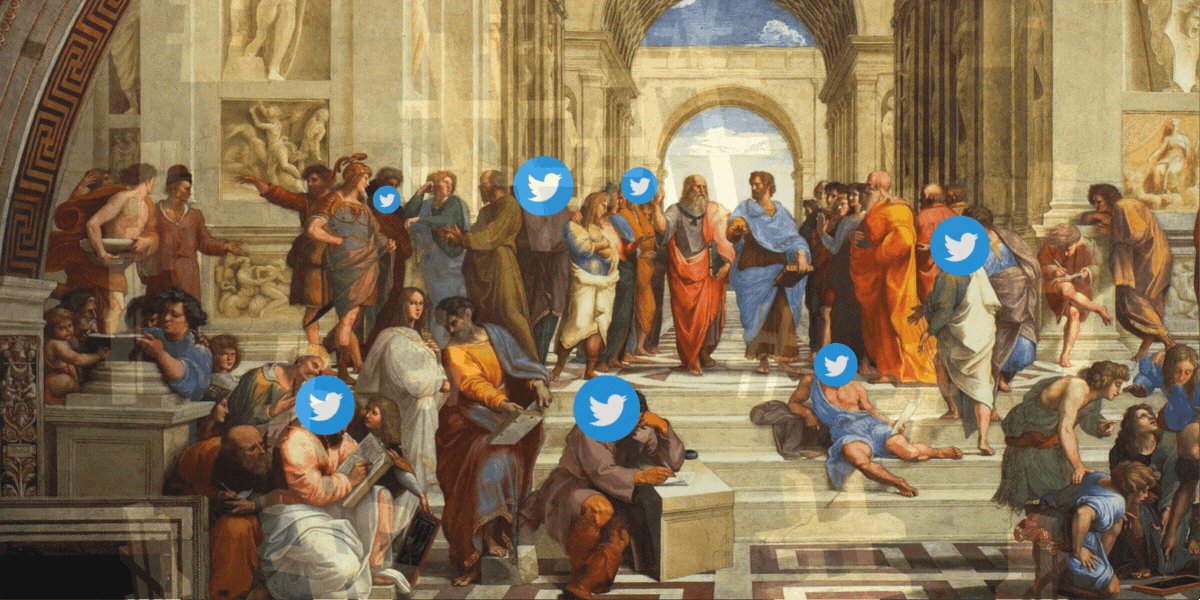






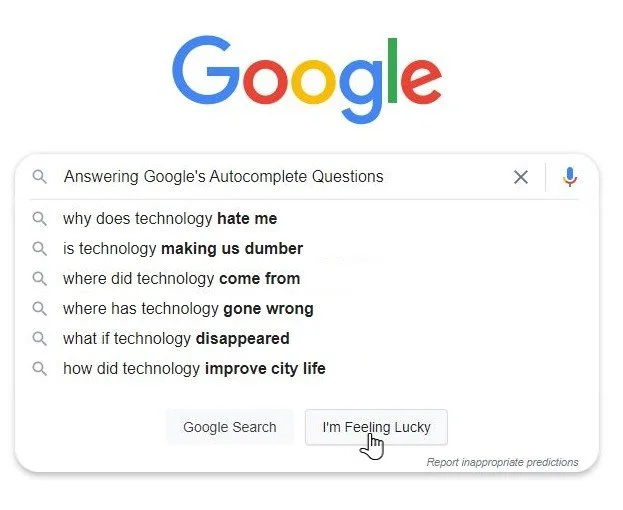
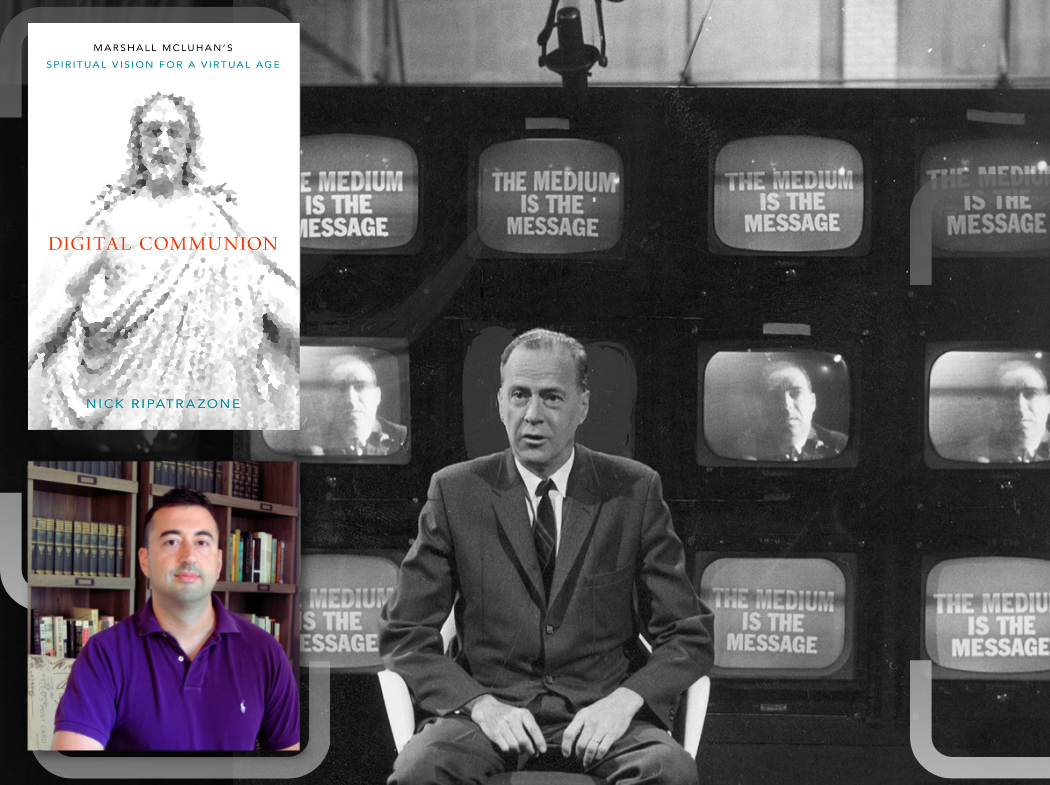







































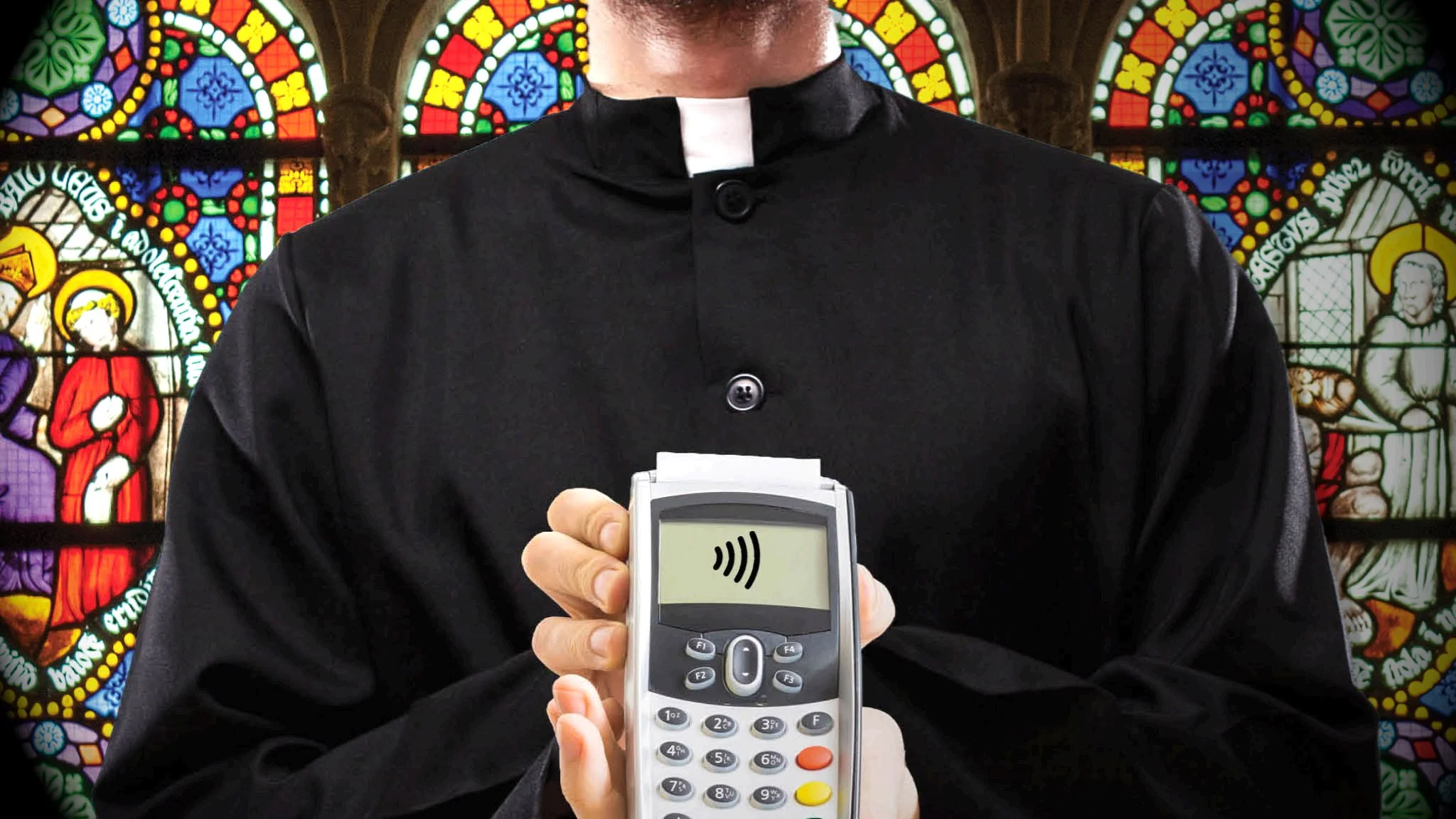












Last summer, Chicago Cubs baseball player Ben Zobrist got thrown out of the game when he turned to the umpire and complained “that’s why we want an electronic strike zone”. Who is a better witness to the truth—a person … or a computer?